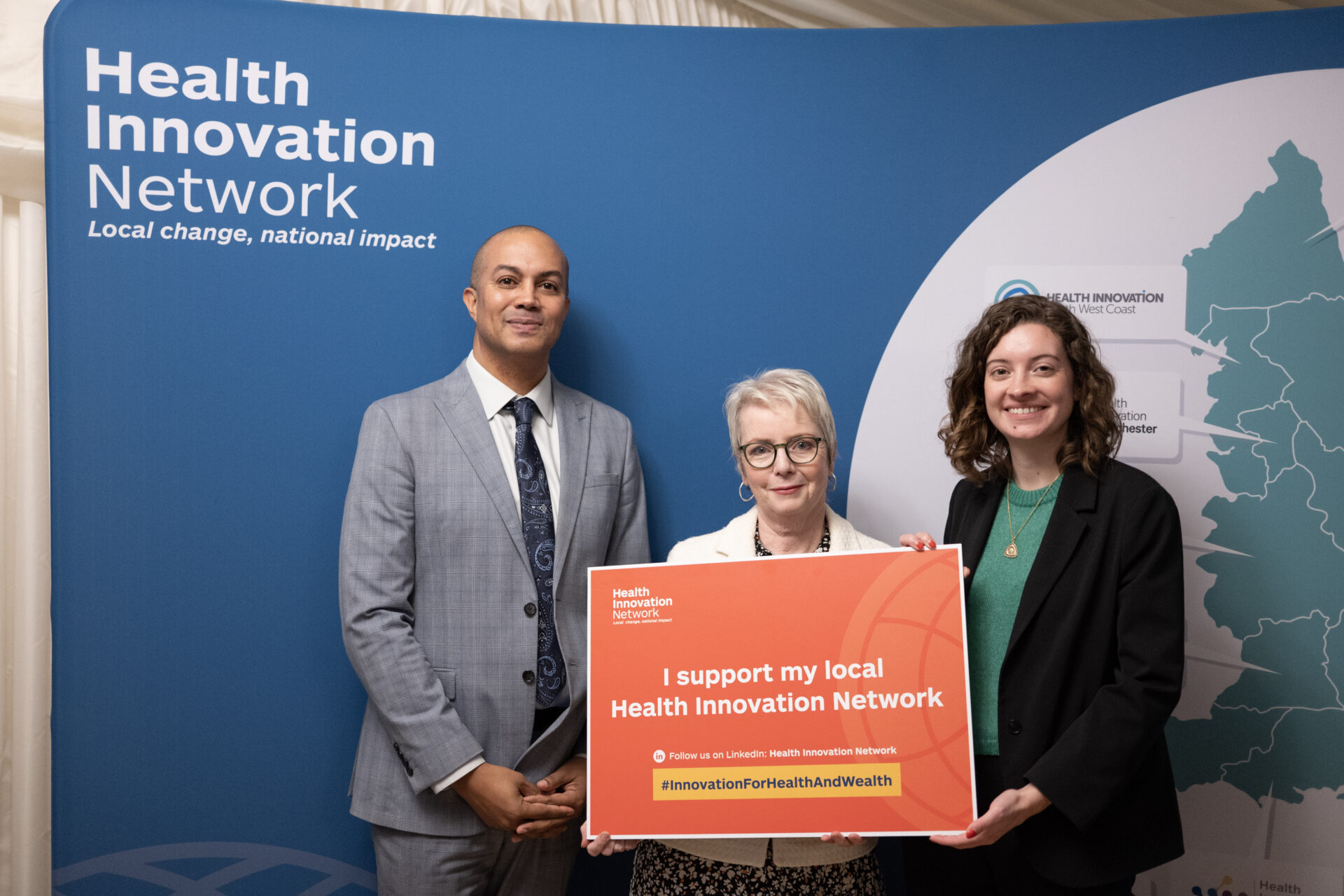The Health Innovation Network has produced a summary of findings showing the impact of its lipid management and familial hypercholesterolaemia (FH) national spread programme.
The programme, which ran from October 2020 to March 2023, aimed to tackle cardiovascular disease (CVD), which is one of the areas of improvement identified in the NHS Long Term Plan and a priority for reducing health inequalities in NHS England’s Core20PLUS5. Cardiovascular disease is the cause of around 1.18 million hospital admissions each year, with annual costs of approximately £19bn in the UK.
The programme increased the uptake of lipid lowering therapies, the identification and management of people with FH, and enabled adoption of endorsed treatment pathways.
With a focus on primary care, it achieved this through engagement and education events, supporting clinicians to identify those at risk, so they could in turn support patients to lower their lipids. It was anticipated that these interventions would in turn lead to a fall in the number of major cardiovascular events, such as heart attack or stroke.
The summary includes data from an independent evaluation by Unity Insights, and other sources such as CVDPREVENT and UCLPartners ‘Size of the Prize’ infographics.
Achievements during the programme include:
- The total proportion of people with known CVD treated to NICE-recommended thresholds increased from 23.7% to 27.8% (March 2021 – March 2023).
- The improvement in lipid management achieved across England is estimated to have prevented over 9,000 heart attacks and strokes.
- The identification of genetically confirmed familial hypercholesterolaemia increased from 9.6% to 13.8%.
Prof Julia Newton, Medical Director, Health Innovation North East and North Cumbria, and Executive Lead for the National Lipid Management and Identification of Familial Hypercholesterolaemia Programme, said:
‘As an example of one of the Health Innovation Network led national spread programmes, the lipids and FH programme was able to demonstrate the concept that a whole pathway improvement programme at a national level can be successfully implemented, and have a positive impact on the management of cardiovascular disease supporting delivery of the ambitions outlined in the NHS Long Term Plan.’

The Health Innovation Network, at an event sponsored by Sarah Coombes MP, brought together parliamentarians including Health Minister Karin Smyth MP and Chair of the Science, Innovation and Technology Committee, Chi Onwurah MP to meet with six innovators supported by health innovation networks across the country and their NHS partners. At the Meet the Innovators: [...]

The need for fast-paced innovation in healthcare is widely acknowledged. And ensuring that healthcare innovation is shaped by the people it serves remains a pressing priority – one made all the more evident by the growing emphasis on health equity in the 10 Year Health Plan. Patient voices are often cited as central to healthcare [...]

The NHS Innovation Accelerator (NIA) has revealed its 2025 cohort of Fellows. As the NIA celebrates a decade of helping to drive innovation in the NHS, this year’s cohort aligns with the Government’s three priorities: supporting the transition from analogue to digital, sickness to prevention and hospital to home. The 28 new Fellows will benefit [...]








